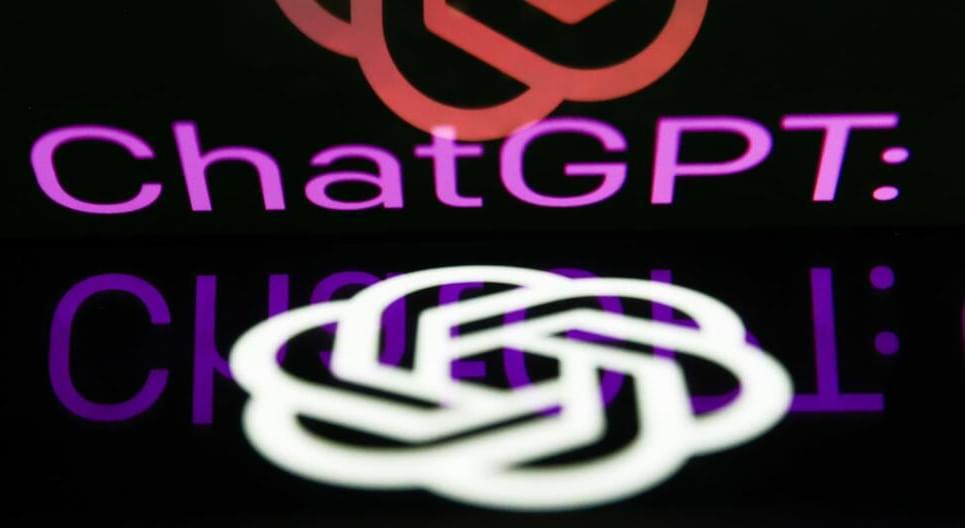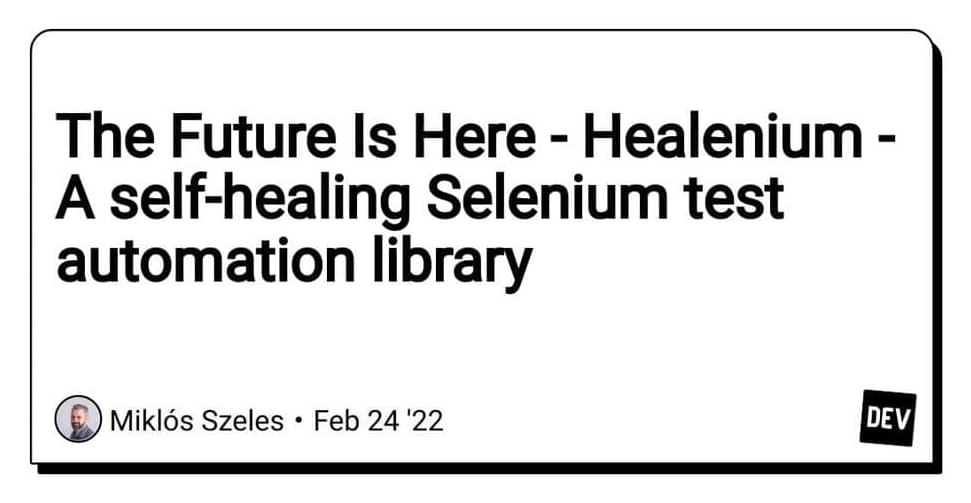When Mount Vesuvius erupted in A.D. 79, it carbonized a book on rulers who followed Alexander the Great. Now, machine learning is deciphering the “lost book.”




Gabriel kreiman; harvard university, children’s hospital boston.

Year 2022 Basically this can be used with Python for self healing networks and software testing.
Have you ever found yourself in a situation where you realized a small change of the UI broke your E2E test again? Well, it happens to me very often.
Recently I read an article from on medium.com about an interesting library called Healineum which can come to the rescue.
Healenium is an AI-powered open-source library that improves the stability of Selenium-based tests, handles changes of updated web elements automatically and helps to overcome the problem of UI autotests instability using a self-healing mechanism…


“It’s a new day for search,” Microsoft CEO Satya Nadella said today. For 13 years now, Microsoft has tried to get you to use Bing, but you didn’t want to, so its global market share remains in the low single digits. Now, the company is pulling out all the stops in an effort to better compete with Google. Today, at a press event in Redmond, Washington, Microsoft announced its long-rumored integration of OpenAI’s GPT-4 model into Bing, providing a ChatGPT-like experience within the search engine.
The company is also launching a new version of its Edge browser today, with these new AI features built into the sidebar.

With a Microsoft event Tuesday expected to center on ChatGPT, the AI chatbot war is heating up.
